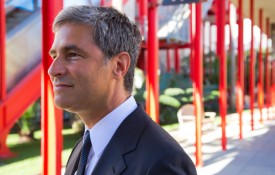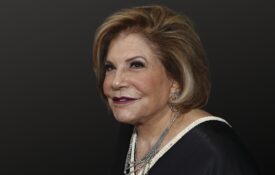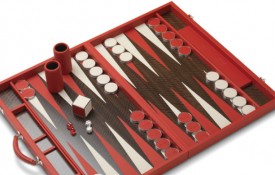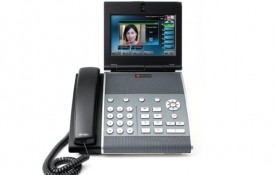Marty Davis grew up in a small farming community on the Minnesota River during the 1970s and ’80s. By age 16, he was working in the family dairy factory, taking over the graveyard shift during high school and putting in even more hours during the summer. His childhood was so all-American, he even married his high school sweetheart.
Dairy was in his blood, and he went to college wanting to learn more about food chemistry. When he came back to the family business after college, it was in financial peril, and he worked hard to help the business evolve. “It was the ’90s, and we ended up developing a fat-free cheese with Kraft,” he says. “It was a good business and grew fast. We invested in innovation and technology, which allowed us to succeed.”
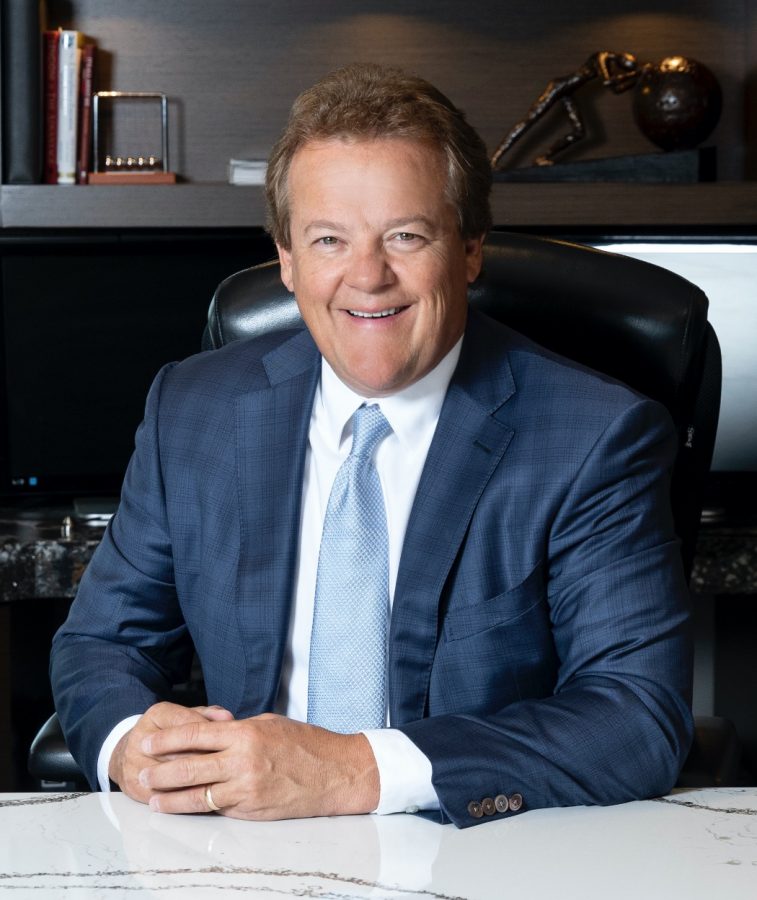
Marty Davis, president and CEO of Minnesota-based Cambria.
From there, the family looked to branch out, and when a college friend told Davis about a company that was looking for investors to start a business in stone quartz, they looked into it. “Ultimately, the others who were looking to start the company never got into it, but we did, ultimately purchasing the equipment and starting on our own,” he says.
Cambria launched in 2000 on a 61-acre farm not far from the dairy factory, repurposing Davis’s background in food manufacturing to apply out-of-the-box thinking to quartz production. The business took off almost immediately. “We founded a lot of the technology that now is popular in Italy, but was slow to catch on there at the time,” says Davis. Cambria has grown in a variety of consumer markets, producing surface materials for countertops, walls, fireplaces, and even healthcare facilities and yachts.

Cambria manufactures quartz surfaces for everything from countertops to fireplaces.
Now, the leading American-made, family owned producer of natural quartz surfaces recently partnered with Room & Board (another Midwestern company), marking Cambria’s first expansion into the home furnishings market.
But monetary success was not enough for Davis. “First, we launched Camp Cambria in 2014, which is our effort to help kids with juvenile arthritis,” he says. “We put on summer camps in Ontario, Canada, and Minnesota. A friend of mine had a niece with the disease, and it was really eye opening to see that Minnesota was one of the few places that didn’t have a summer camp for these kids. I wanted to right the wrong.”

Davis has given back to the community in a variety of ways, including creating a summer camp for children with juvenile arthritis.
Second, Davis learned that a lot of the working moms in his company were concerned that their high school–aged kids were vaping. “I had a background with spray dryers from food science. I worked with those machines for 20 years,” he says. “They heat to 450 degrees—the same as the vape pens. I knew how bad this was, and I didn’t like seeing the kids misled.” Davis started a campaign called “They Lied, We Know,” and began educating kids in local high schools. “We set up booths in the high school and gave out Jimmy John sandwiches (the owner is a friend) to the kids. It had a big impact.”
Finally, as an employer of more than 1,800 people, Davis didn’t like seeing how his immigrant employees had a hard time moving up the ladder. “I noticed we had a lot of first-generation immigrants who were great employees but couldn’t move up the ladder because they couldn’t speak English. Giving someone a chance at a job is great, but if you don’t give them the tools to succeed, they’ll never move up,” he explains. “So, we started English-language classes to educate our employees so that they have the chance to not just have a job, but to be a manager and a boss.”
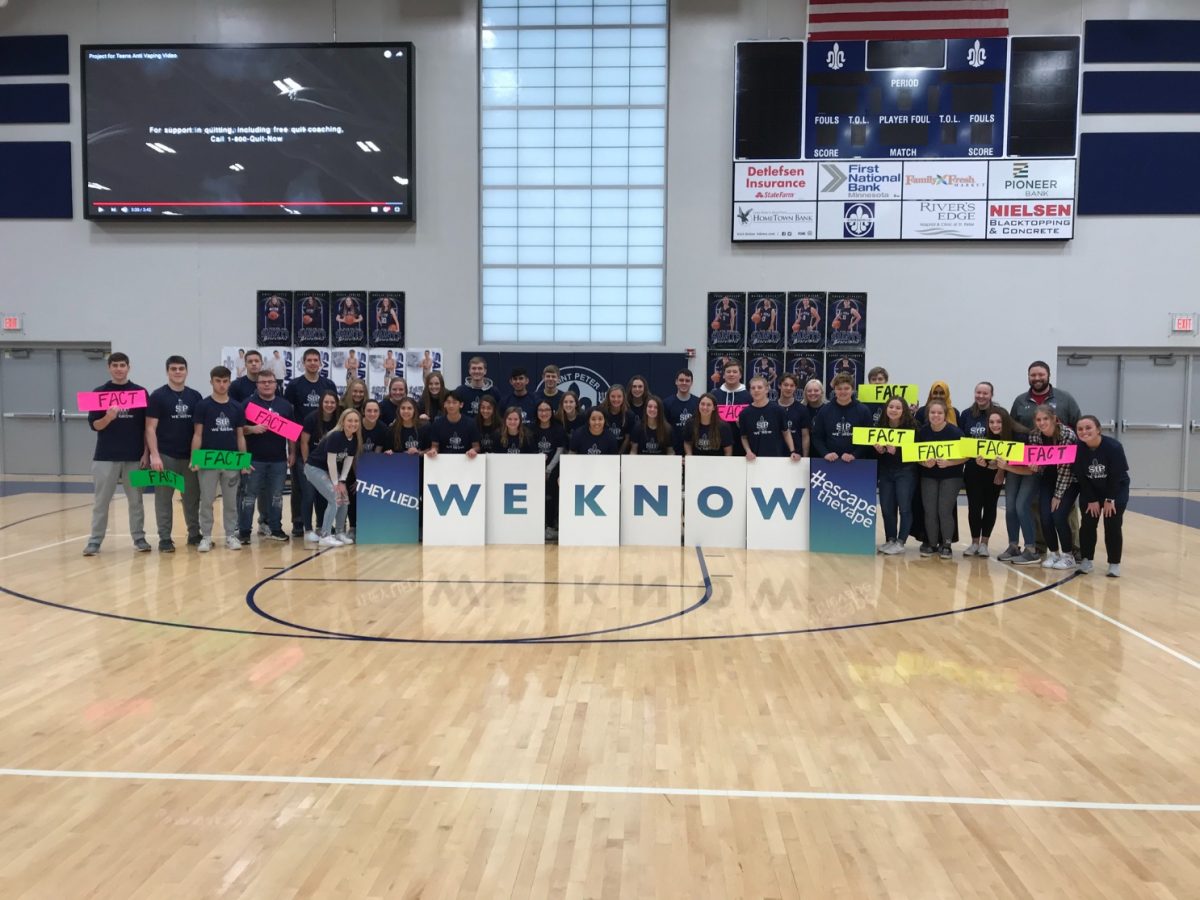
The company also launched an anti-vape campaign in local high schools.
While Davis has been successful through hard work and following his instincts, he credits his passion for helping others to a paying-it-forward mentality he learned from a young age. “When I was growing up, I was on a Little League baseball team. The only way we got support for the league and our uniforms was through the local community,” he says. “When you grow up seeing other people be generous, you learn from it, and it’s your norm.” cambriausa.com









































